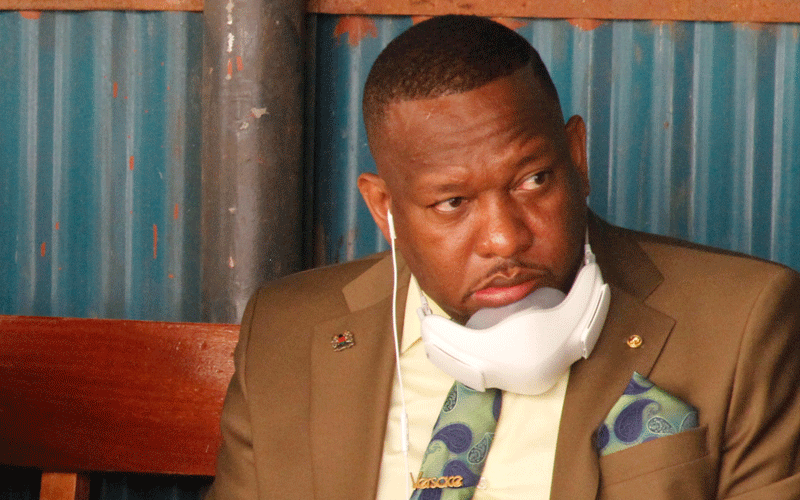Sonko’s bid to stop Nairobi gubernatorial election flops
By Bernice Mbugua, December 23, 2020The High Court has declined to restrain the Independent Electoral and Boundaries Commission (IEBC) from publishing a Gazette Notice to hold elections for the Nairobi County gubernatorial seat pending the hearing of a case filed by former Governor Mike Mbuvi Sonko.
Sonko, through lawyer Alfred Nyamu, filed a case on Monday challenging the decision by the Senate to uphold his removal from office by the Nairobi County Assembly.
He sought an order restraining the Independent Electoral and Boundaries Commission from taking any steps towards his replacement pending the inter parte hearing of his application.
“Nairobi City County Assembly debated and passed the impeachment motion against me without following the prescribed procedure,” Sonko argues in court documents.
He contends that the motion was illegal, null and invalid since it did not meet the requisite legal threshold to warrant an impeachment process to commence.
According to Sonko, the entire process violated Article 10 (1) and (2) of the Constitution as it lacked integrity, was not transparent and verifiable.
Sonko argues that the attendance at the Assembly’s session on the December 3 was both physical and virtual whereas the Law and Standing Orders do not contemplate the simultaneous application of both methods of voting for about 57 members and purportedly virtual for others.
“It is also well settled that some of the Ward Reps were in Kilifi outside the jurisdiction of the Nairobi City County and it is not envisaged that they could vote either physically or virtually contrary to the provisions of the Standing Orders,” he argues.
Sonko further claims some Members of County Assembly that were outside Nairobi have alleged that their accounts were hacked and/or corrupted and strangers purported to Log In and vote on their behalf.
“Neither the law nor the standing orders provide for virtual voting and or attendance of the session of the Nairobi City County Assembly,” he explains.
He argues that he was not accorded reasonable time to hear the views of the electorate on the matters raised in the impeachment motion.
“The proceedings at the Assembly could not have been free and fair because there was a lot of threats, blackmail, intimidation which could not allow free objective debates,” he argues.
More Articles

